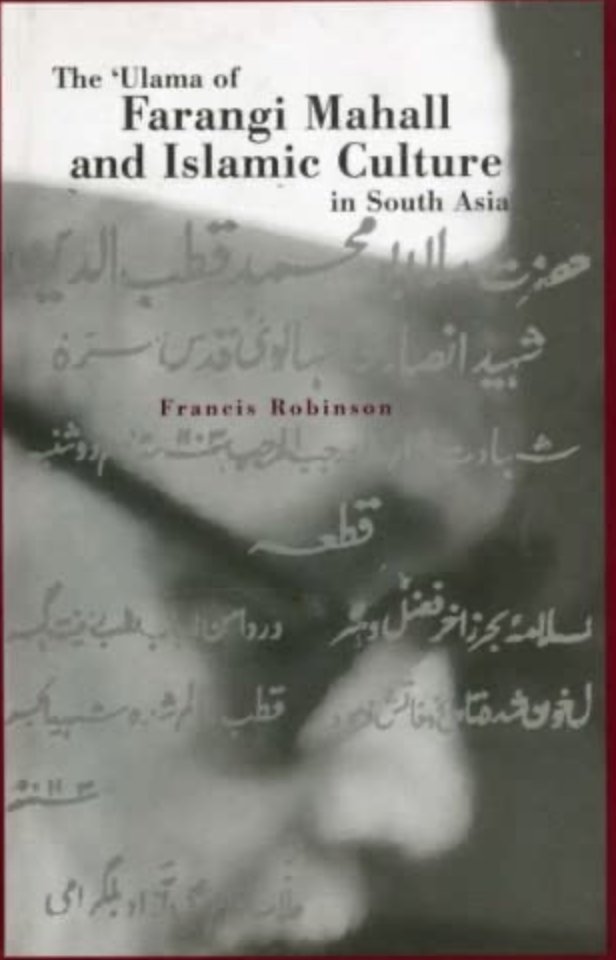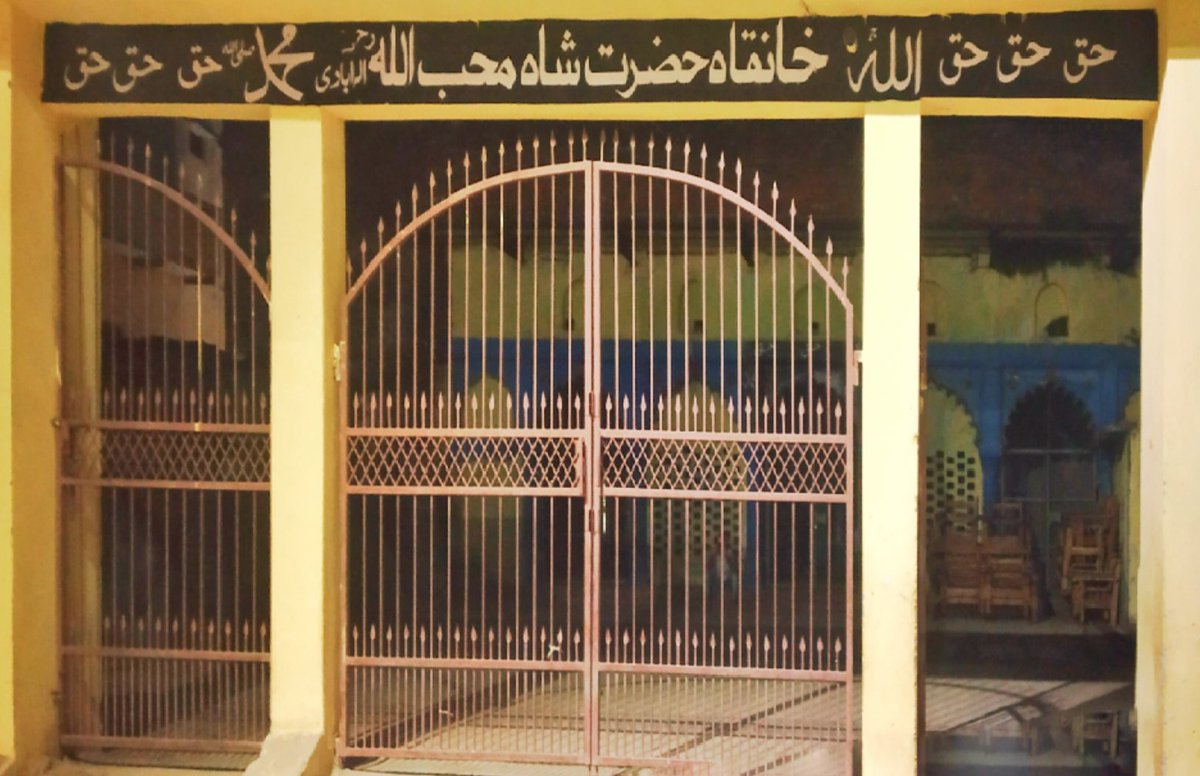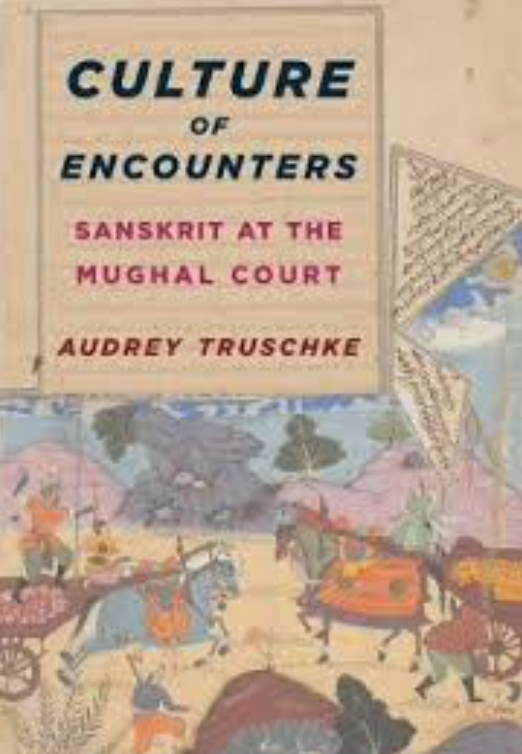
There is little doubt that the Andalusian Sufi Ibn ʿArabī (1165-1240), born in Murcia, who settled and died in Damascus where his tomb lies on the foothills of Qasiyūn is one of the most exciting and controversial figures in #IslamicIntellectualHistory - a 🧵
Much ink has been spilled on him and his work - a useful introduction to his thought from an insider perspective is Chittick and another insider Sufi approach to his life is Addas 2/ 



His relationship to the philosophical tradition is much debated - was he a philosopher? A #Sufi metaphysician? Was he an exclusivist or a universal pluralist committed to #apocotastasis ? Rosenthal, Chittick and most recently Lipton have engaged these questions 3/ 


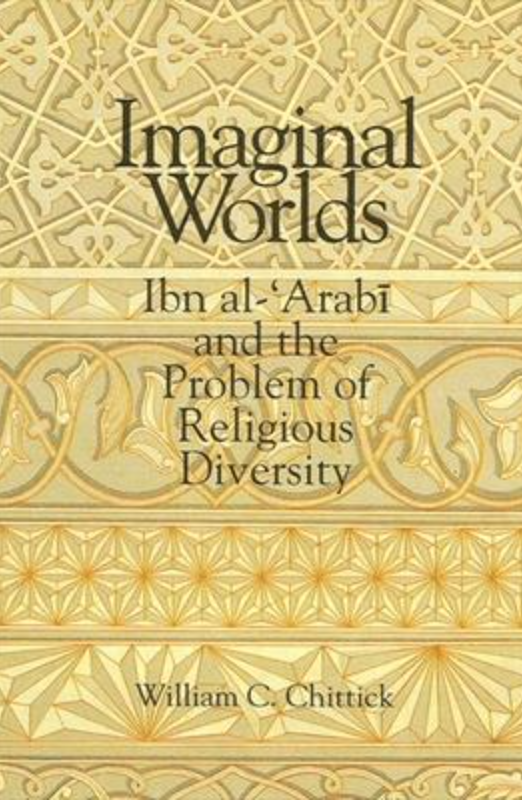

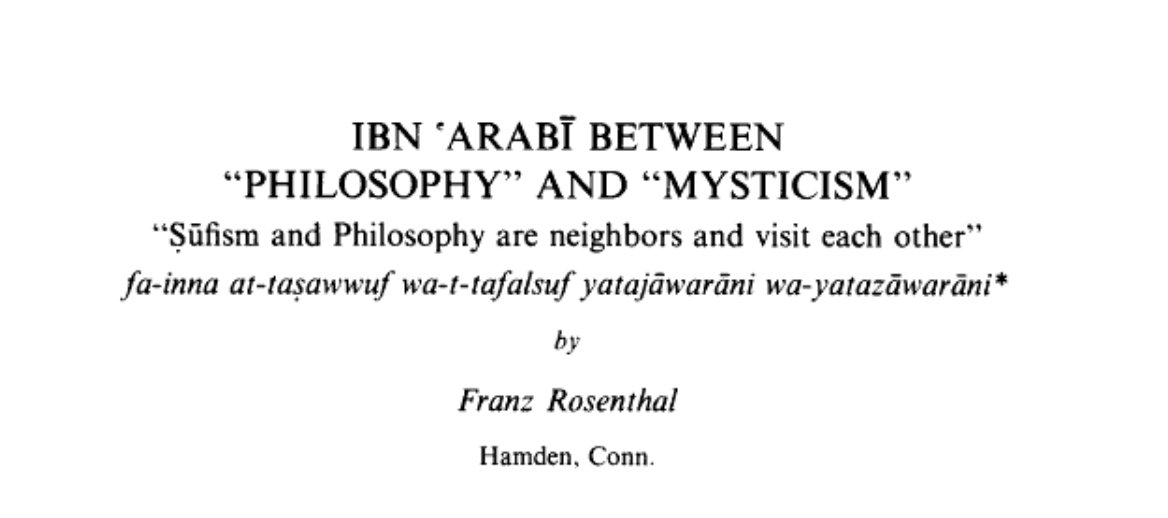
Perhaps his best known work is the reflection on the 'divine wisdoms' associated with the prophets who are named in the #Quran, the Fuṣūṣ al-ḥikam or Ring-settings of Wisdom/Les Chatons des sagesses first edited by Abūʾl-ʿAlā ʿAfīfī (1897-1966), the Egyptian existentialist 4/ 

ʿAfīfī wrote his PhD at Cambridge with Nicholson completing it in 1930 and characterising Ibn ʿArabī as a pantheist - here is a useful Islam Ansiklopedi entry on him islamansiklopedisi.org.tr/ebul-ala-afifi 4a/ 

The Fuṣūṣ is perhaps the most influential work of Ibn ʿArabī with over 100 commentaries in different languages discussed in the bibliography of the Syrian ʿUthmān Yaḥyā (1919-1997) and has been translated into various languages with numerous versions 5/ 

Yaḥyā obtained his PhD from al-Azhar in 1952 and then went to Paris where he began a fruitful partnership with Henry Corbin, writing the bibliography of Ibn ʿArabī, editing his al-Tajallīyāt al-ilāhīya and collaborating on the works of Sayyid Ḥaydar Āmulī (d. c. 1385) 5a/ 





Recently two editions have been published that both take their cue from the famous Konya manuscript in the hand of Ṣadr al-Dīn Qūnawī (d. 1274), the step-son of Ibn ʿArabī (the MS is now TIEM 1933) 6/ 



The first was Saiyad Nizamuddin Ahmed in 2015 which included a full vocalisation, appendix on the attestations, and a translation of Ibn ʿArabī's own summary 7/ 





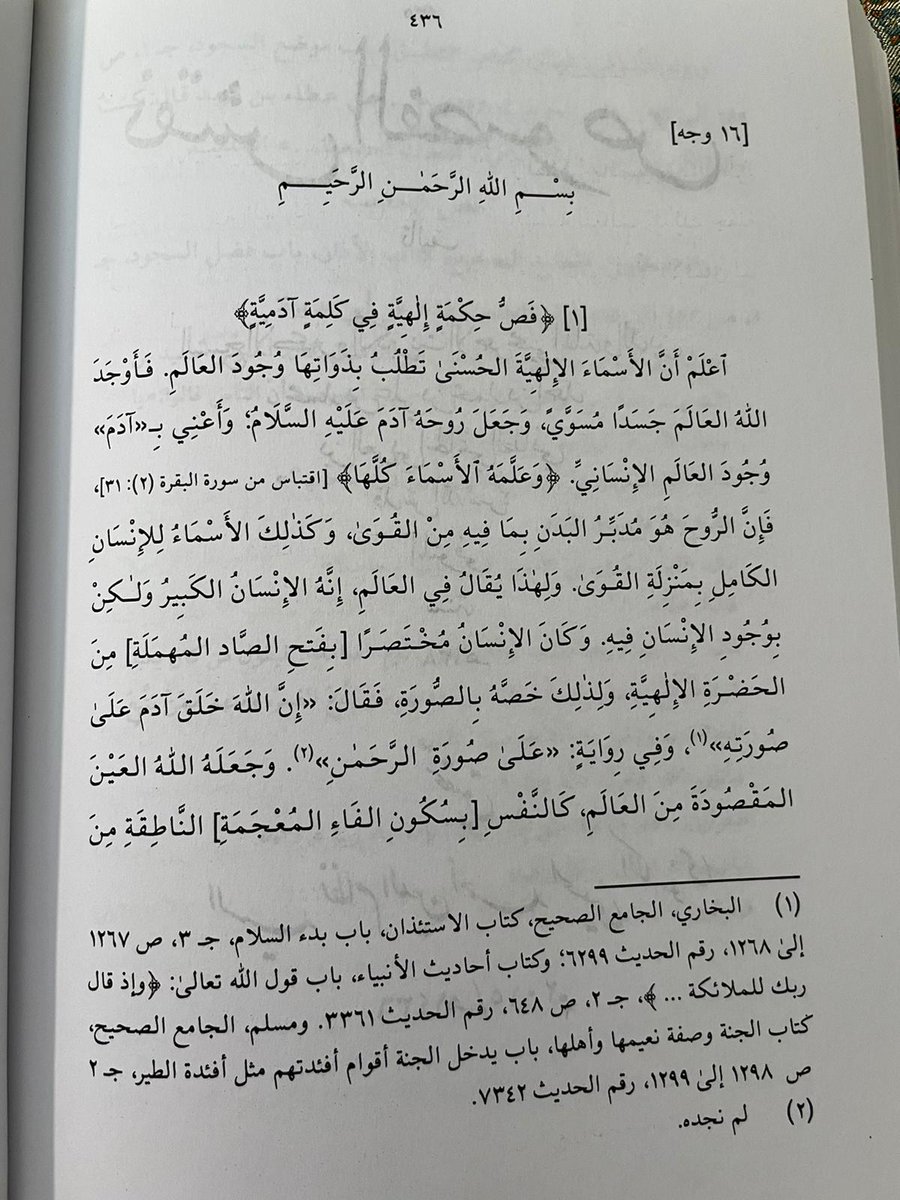

The other is a collaboration between Mehmet Kiliç and Abdurrahman Alkiş that reproduces in facsimile the manuscript with the edition and brief introductions in Arabic, English, and Turkish 8/ 



Austin's translation came out in 1981 - more recently Caner Dagli's translation appeared and is being used but it seems that there is no established English translation - Saiyad Nizamuddin will be doing a new translation that should sit well with his edition 9/ 



In French for many years there was the rather #perennialist partial translation by Titus Burckhardt (also translated into English) and the complete rendition by Charles-André Gilis 10/ 

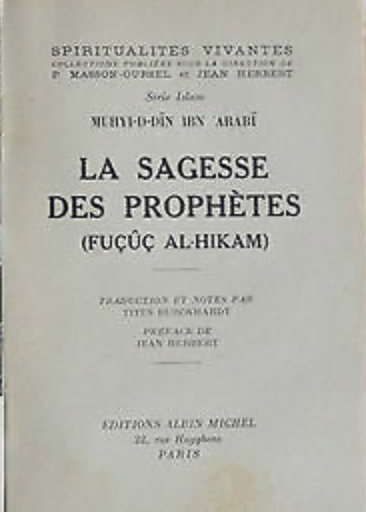

But now we have a new serious engaged translation by Paul Ballanfat that returns to the question of Ibn ʿArabī and philosophy with an extensive introduction and rather interesting choices of renditions lyber-eclat.net/livres/les-cha… 11/ 

Here is a useful review by Gregory Vandamme academia.edu/50812752/_Book…ʿArabī_Les_chatons_des_sagesses_et_les_demeures_des_paroles_Fusus_al_Hikam_Translation_and_presentation_by_Paul_Ballanfat_Combas_L_éclat_2020_317_pp_In_The_Journal_of_the_Muhyiddin_Ibn_Arabi_Society_69_2021_p_12/
Ballanfat reflects on the relationship between philosophy, thinking, and praxis - but his focus on the 'sanctity of reality' recalls the centrality of the theme of #walāya in the thought of Ibn ʿArabī and the polarity of it as the theophany of #wujūd 13/
What is the next step in the translation and commentary cycle of this text? Ethnographies of their reading? Connecting the text to material culture and reflection on the tomb and monuments that inscribe Ibn ʿArabī? Sufi teachings inflected by it? 14/
What will a #decolonial turn in Ibn ʿArabī studies look like? END
• • •
Missing some Tweet in this thread? You can try to
force a refresh









